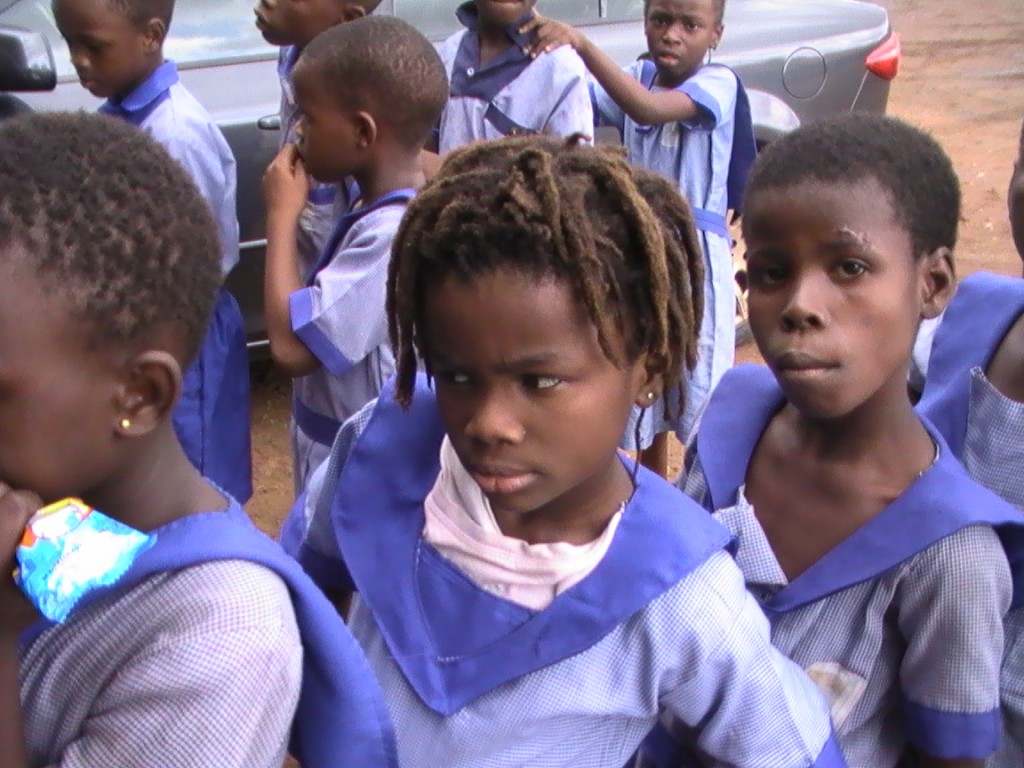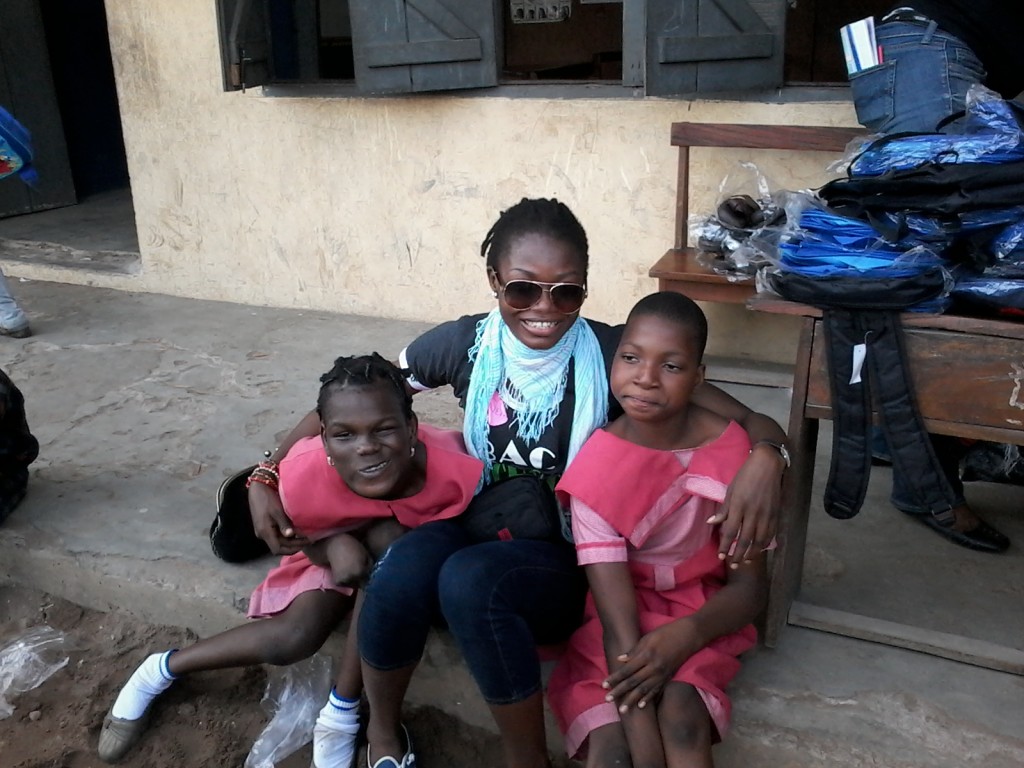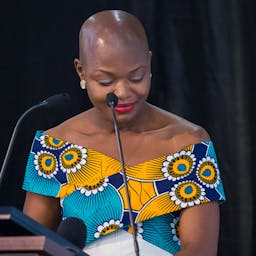Education of the Differently Abled Girl-child: To What End?
Jan 21, 2015
Story


I am the fourth of five girls. By the time I was leaving secondary school, I already had a doctor and a lawyer as elder sisters. Going to the university was not a question. It was only a matter of knowing what I wanted to become.
Becoming disabled changed that. The question became “how do I become what I want to become?”
Going to class was like going to battle and winning. It meant that there was a teacher in class who was kind enough to let me out to change or clean my blocked tracheotomy tube, it meant I survived the comments from teachers who, even though knew I could not speak, would ask me to stand up and answer questions audibly, making jest of me when I obviously failed. Or that I somehow rebuffed the hateful remarks from classmates who just did not care about my challenges. Or that someone was patient enough to read out the name of my bus stop to the driver of the bus I boarded.
As sad as you may consider my story to be, it is one of the happy tales as far as Nigeria and education of the differently abled girl goes.
Consider this heart wrenching fact: UNESCO reports that, ninety per cent of children with disabilities in developing countries do not attend school and a 1998 UNDP study puts the global literacy rate for women with disabilities as 1 per cent.
Some of the personal experiences of differently abled girls and women in Nigeria helps us better grasp the scope of the problem.
Sonia, 18, has an intellectual disability and has never been to school. She has no idea what she wants to become. Her father had since abandoned the family, leaving her mother, a local primary school teacher to bear the burden of looking after her and her siblings alone.
The mother who describes Sonia as “the bad egg” says she does not know what to do with her. As far as she is concerned, Sonia is responsible for her challenges, her father leaving and the family poverty.
Many differently abled girls are not only trapped in situations similar to those of Sonia, but are also are out of school, for so many reasons.
Firstly, because, there are no social welfare systems currently in place in Nigeria to cushion the effect raising and educating a differently abled girl-child has on parents finances,
Secondly, there is a huge shortage of public special schools and special education teachers. With only 37 special schools in the whole of Lagos, education of the differently abled girl-child comes at a premium; girls who cannot get into the already crowded public schools and whose parents cannot afford better private schools are made to remain at home.
These schools, when they exist, are far apart and far from most communities, making it impossible for differently abled girls to access them due to our inaccessible built up environment.
Tosin Ishola, a woman with mobility impairment had to stop school at an early age due to inaccessible environment. The trouble she went through daily to get to school was not worth the outcome she remarked.
Lastly, because of the very low unemployment rate of women with disabilities, many parents are reluctant to ‘invest’ in them since their prospects of getting a job or getting married and bringing back returns to the family appears bleak.
While building schools that are more accessible would better guarantee the integration of differently abled girls into mainstream society, technology can bridge this burgeoning gap between the differently abled girl-child and education even faster, as it can potentially:
Create safe interactive online spaces for differently abled girls to learn,
Provide differently abled girls with access to affordable or free internet, allowing them access e-libraries and read at their pace, removing the obstacle of having to use libraries that are inaccessible,
Allow parents educate themselves on how to better assist the differently abled girl-child personally and academically and
Remove the obstacles differently abled girls face when dealing with teachers who may not be qualified to interact with them.
There is no gainsaying when it comes to the effects, education has on the differently abled girl.
I am more confident in myself, I can better articulate my ideas and vision for change and most importantly, I am now able to do my bit in making the world a more inclusive place thanks to my family ensuring that I get educated.
Ngozi Okoro, a visually impaired student of the University of Lagos says: “Education has made me develop my self confidence and also become more sociable. I now believe in myself and have hope for a better tomorrow.”
When we educate differently abled girls, we probably are not doing it, so as to enable them become the next CEO or ED of a multinational company, but we are first and foremost guaranteeing them their basic, inalienable rights as humans and we are helping them reaffirm their worth and build their confidence in themselves and their capabilities which are limitless!




